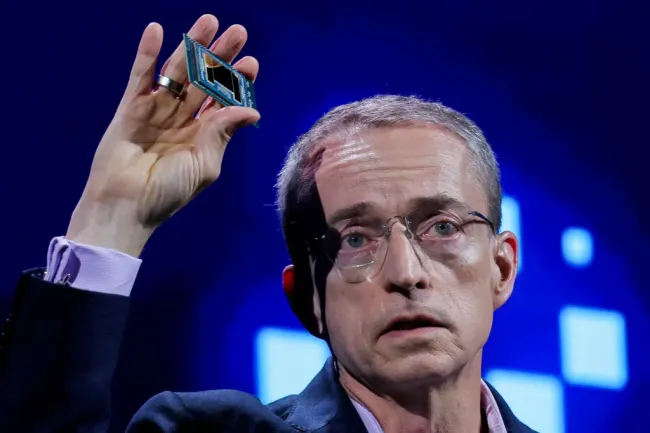Intel CEO Pat Gelsinger Ousted Amid Board's Frustration with Unsuccessful Revival Efforts
In a surprising development that has stunned the tech industry, Intel’s board of directors has removed CEO Pat Gelsinger, bringing an end to his ambitious—yet ultimately failed—attempt to restore the company to its former glory.
After struggling to keep up with rivals like Nvidia, the board gave Gelsinger an ultimatum: resign voluntarily or be dismissed. Gelsinger chose the former, stepping down after three challenging years at the helm.
This decision comes as Intel grapples with numerous obstacles, including declining revenues, fierce competition from Nvidia and TSMC, and difficulties in transitioning to cutting-edge manufacturing processes. Despite his bold initiatives, including a $20 billion investment in Arizona-based chip factories, Gelsinger’s efforts have not yielded the expected outcomes. His tenure was plagued by setbacks, such as delays in factory projects across Europe and Asia, along with significant cuts to Intel’s real estate portfolio.
To add insult to injury, Gelsinger’s exit is accompanied by a generous severance package, potentially exceeding $10 million. As part of his "Retirement and Separation Agreement," he will receive 18 months’ worth of base salary, amounting to $1.875 million, plus a payout equivalent to 1.5 times his target bonus, an additional $5.16 million. Gelsinger is also entitled to a prorated portion of his 2024 annual bonus, estimated at $3.15 million, based on Intel’s financial performance. In total, his severance could range from $7 million to $10.18 million, depending on various conditions.
While Intel searches for a permanent replacement, CFO David Zinsner and senior executive Michelle Johnston Holthaus have been appointed as interim co-CEOs. Despite the recent upheaval, Intel has secured over $11 billion in federal funding through the CHIPS Act to bolster its U.S.-based semiconductor manufacturing. However, with Gelsinger’s exit, the question remains: Can Intel recover and thrive in an increasingly competitive market, or is this just the beginning of a prolonged decline for the tech giant?
